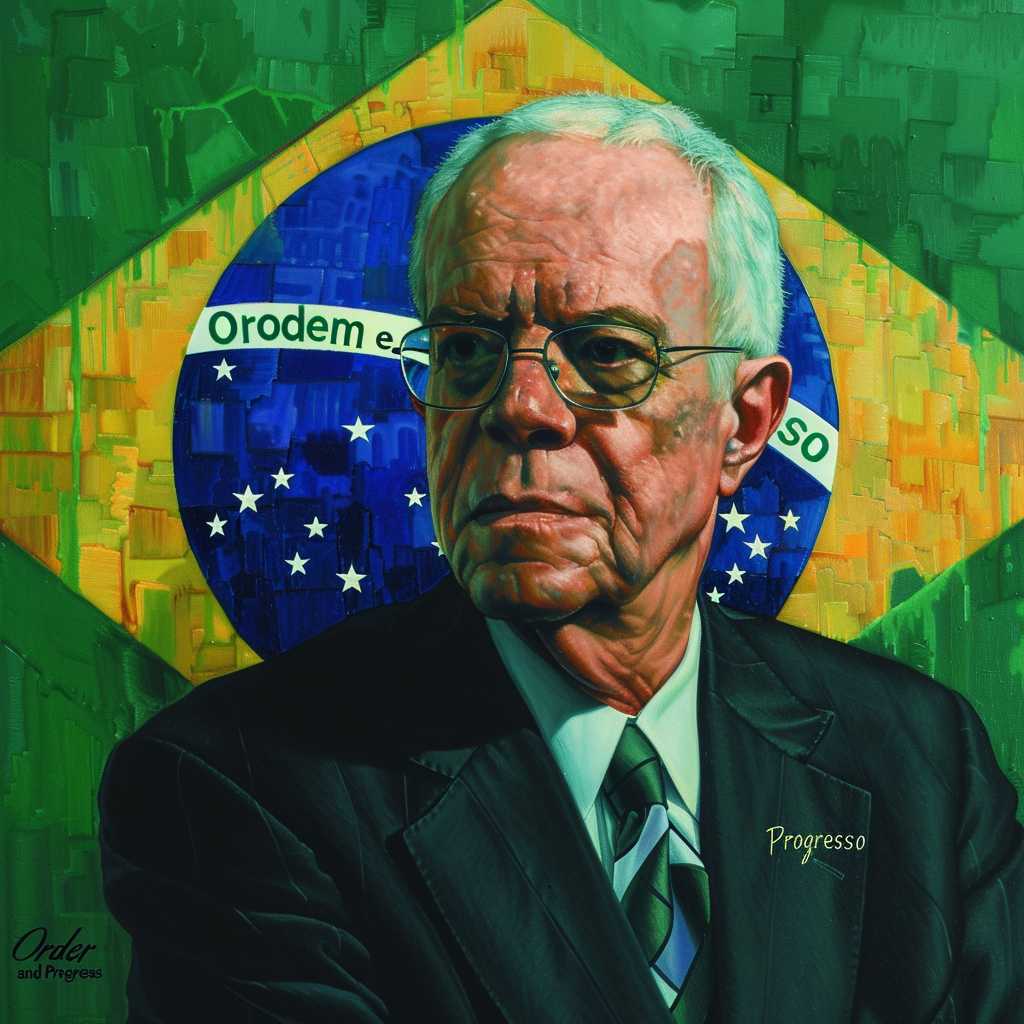The Legacy of Fernando Henrique Cardoso: A Deep Dive into Brazil’s Socio-Political Transformation
Fernando Henrique Cardoso, often referred to by his initials FHC, is a towering figure in contemporary Brazilian history. His period in office from 1995 to 2002 was marked with numerous reforms that touched every facet of Brazilian life, from the economy to social infrastructure. This article will explore Cardoso’s early academic contributions, his political evolution, his time as president, and the enduring impact of his policies on modern Brazil.
Early Years and Academic Career
Fernando Henrique Cardoso’s contribution to Brazilian society began long before he entered politics. Born on June 18, 1931, in Rio de Janeiro, Cardoso exhibited a passion for scholarship and a mind geared towards understanding and reforming society. He became a distinguished sociologist and professor, known for his groundbreaking work in dependency theory which examined the complex economic relations between developed and underdeveloped countries. His academic works garnered international respect and laid the foundation for his future political ideology.
The Transition to Politics
The military dictatorship that ruled Brazil from 1964 to 1985 suppressed dissenting voices and hindered democracy, but it also catalyzed the formation of a robust opposition movement. Cardoso transitioned into politics as part of this movement. Firstly, becoming a senator in 1983 and later serving as the Minister of Foreign Relations (1992–1993) under President Itamar Franco. Here he began honing his political ideology of social democracy which he would carry into his subsequent leadership roles.
Presidential Achievements: The Real Plan and Reforms
Fernando Henrique Cardoso won the presidency in 1994 on the promise of stabilization and reform. Precariously high inflation had fragmented Brazil’s economic landscape, compelling Cardoso to implement the Real Plan. This involved introducing a new currency, the real, which was instrumental in taming inflation and stabilizing the Brazilian economy.
His administration also embarked on extensive public sector reforms aimed at enhancing efficiency and downsizing government intake. Telecommunications, energy, mining, and banking were some of the sectors targeted for liberalization under President Cardoso’s privatization program. Welfare programs were revamped—most notably ‘Bolsa Escola,’ which provided financial aid to low-income families for school attendance.
Cardoso is also credited with reducing poverty rates during his tenure through these social assistance programs. His persuasion for aging and pension reforms even set the stage for subsequent administrations to tackle Brazil’s intricate pension system.
Foreign Policy and Global Standing
In foreign affairs, Fernando Henrique Cardoso positioned Brazil as a proactive global actor seeking to enhance its influence through diplomacy and regional cooperation. His presidency oversaw increased involvement in regional organizations such as MERCOSUR while advocating for free trade agreements to boost their economic interests.
Even after relinquishing presidency in 2003, Cardoso remained a respected statesman whose opinions continue to carry weight both domestically and internationally evidenced by frequent lectures, commentary on Brazilian politics, and ongoing social research contributions.
Challenges and Criticisms
As with any political figure, Fernando Henrique Cardoso’s tenure had its share of criticisms. Political opponents accused him of being too friendly towards neoliberal policies at the cost of social equity. Moreover, some social welfare critics argued that the Bolsa Escola program could have been more far-reaching, despite admitting its positive impacts on education.
Notes
Conclusion: Examining FHC’s Presidential Legacy
As we glance back in time at the Administrative Carousel piloted by Fernando Henrique Cardoso, the visible credentials placed Brazil on dismissive stabilization thresholds with evident societal reform footsteps tailing behind. Accordingly, one may determine that FHC’s presidency serves as one coherent blend conflating scholarly foresight with practical governance convergence that distinctly revolutionized Brazil’s populace ethos.
*Image Description:* A portrait of Fernando Henrique Cardoso set against a backdrop of Brazil’s national flag – green with a yellow diamond in the center; inside the diamond sits a blue globe with stars that represent each state in Brazil surrounding a band with “Ordem e Progresso”, translating to “Order and Progress”.
